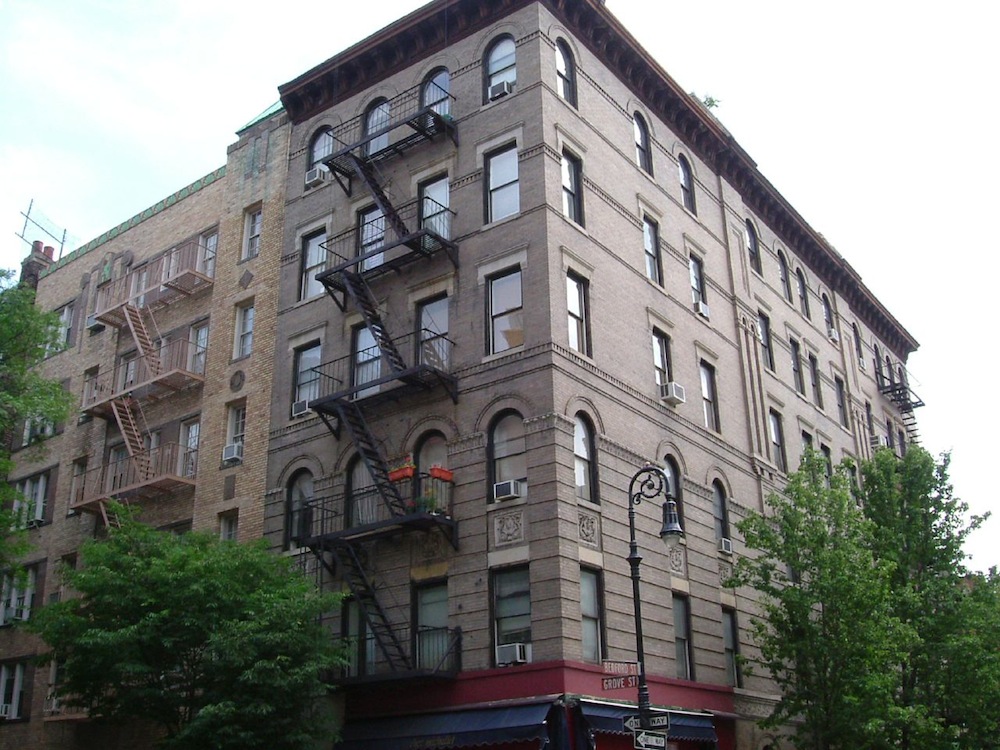In a change from last year, the administration of New York City Mayor Bill de Blasio would let some residential developers double or even triple-dip into affordable housing subsidy pools for the same projects.
This is a reversal of a policy that would have eliminated double dipping. It came to light as two affordable housing measures were being debated.
One is a property tax exemption called 421-a that would require developers to set aside 25% to 30% of apartments in new buildings as affordable housing. Another, known as mandatory inclusionary zoning, would require that developers set aside up to 30% of all new condo or rental buildings as affordable on rezoned property.
The latter policy must be approved by the City Council. The relationship between the many programs that generate and govern affordable housing is complicated. How the two programs interact with each other, provided they both end up as law, remains to be seen, according to Crain’s New York Business.
Related Stories
3D Printing | Oct 9, 2024
3D-printed construction milestones take shape in Tennessee and Texas
Two notable 3D-printed projects mark milestones in the new construction technique of “printing” structures with specialized concrete. In Athens, Tennessee, Walmart hired Alquist 3D to build a 20-foot-high store expansion, one of the largest freestanding 3D-printed commercial concrete structures in the U.S. In Marfa, Texas, the world’s first 3D-printed hotel is under construction at an existing hotel and campground site.
MFPRO+ News | Oct 9, 2024
San Francisco unveils guidelines to streamline office-to-residential conversions
The San Francisco Department of Building Inspection announced a series of new building code guidelines clarifying adaptive reuse code provisions and exceptions for converting office-to-residential buildings. Developed in response to the Commercial to Residential Adaptive Reuse program established in July 2023, the guidelines aim to increase the viability of converting underutilized office buildings into housing by reducing regulatory barriers in specific zoning districts downtown.
AEC Tech Innovation | Oct 8, 2024
New ABC technology report examines how AI can enhance efficiency, innovation
The latest annual technology report from Associated Builders and Contractors delves into how artificial intelligence can enhance efficiency and innovation in the construction sector. The report includes a resource guide, a case study, insight papers, and an essay concerning applied uses for AI planning, development, and execution.
Brick and Masonry | Oct 7, 2024
A journey through masonry reclad litigation
This blog post by Walter P Moore's Mallory Buckley, RRO, PE, BECxP + CxA+BE, and Bob Hancock, MBA, JD, of Munsch Hardt Kopf & Harr PC, explains the importance of documentation, correspondence between parties, and supporting the claims for a Plaintiff-party, while facilitating continuous use of the facility, on construction litigation projects.
AEC Tech | Oct 4, 2024
Publication explores how facility managers can use AI
A new guide, “Gamechanger: A Facility Manager’s Guide to Building a Relationship with AI,” provides a roadmap to understanding and using AI in the built environment.
Contractors | Oct 1, 2024
Conflict resolution is a critical skill for contractors
Contractors interact with other companies seventeen times a day on average, and nearly half of those interactions (eight) involve conflicts, according to a report by Dodge Construction Network and Dusty Robotics. The study suggests that specialty trade contractors, in particular, rarely experience good resolution from conflicts.
Contractors | Oct 1, 2024
Demographic, societal trends bode poorly for future construction workforce
U.S. employers will soon face “the largest labor shortage the country has ever seen,” according to a report from Lightcast, a labor market data and analysis firm. The problem will be especially acute in fields like plumbing, HVAC, and auto maintenance.
Warehouses | Sep 27, 2024
California bill would limit where distribution centers can be built
A bill that passed the California legislature would limit where distribution centers can be located and impose other rules aimed at reducing air pollution and traffic. Assembly Bill 98 would tighten building standards for new warehouses and ban heavy diesel truck traffic next to sensitive sites including homes, schools, parks and nursing homes.
MFPRO+ News | Sep 24, 2024
Major Massachusetts housing law aims to build or save 65,000 multifamily and single-family homes
Massachusetts Gov. Maura Healey recently signed far-reaching legislation to boost housing production and address the high cost of housing in the Bay State. The Affordable Homes Act aims to build or save 65,000 homes through $5.1 billion in spending and 49 policy initiatives.
MFPRO+ News | Sep 23, 2024
Minnesota bans cannabis smoking and vaping in multifamily housing units
Minnesota recently enacted a first-in-the-nation statewide ban on smoking and vaping cannabis in multifamily properties including in individual living units. The law has an exemption for those using marijuana for medical purposes.

















